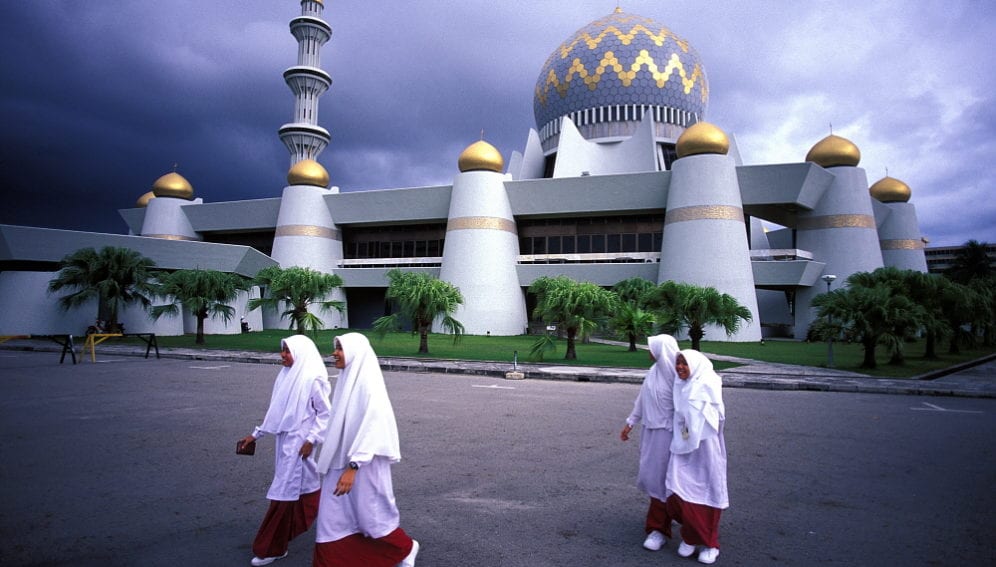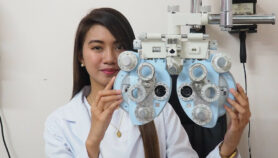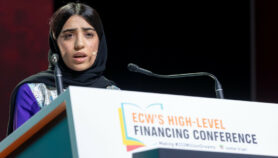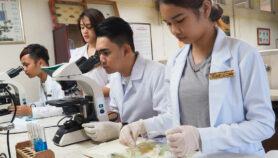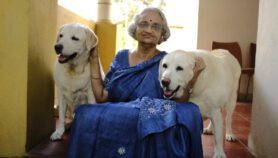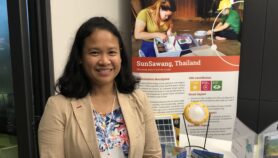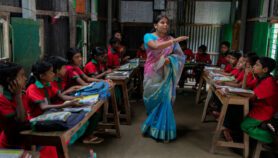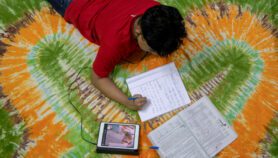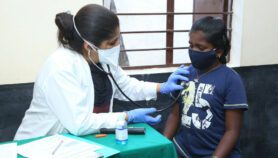Send to a friend
The details you provide on this page will not be used to send unsolicited email, and will not be sold to a 3rd party. See privacy policy.
[KUALA LUMPUR] Malaysia is now considered as a model of how Islam and science education can go hand in hand for economic development, according to some educators.
At the meeting of the Task Force on Science at Universities in the Muslim World, held in Kuala Lumpur on 16 December, experts tackled how universities are contributing to scientific development, especially on issues at the “intersection of science and religion” in the Organisation of Islamic Cooperation (OIC).
Based on Thomson Reuters data on highly cited researchers, Malaysia is one of the five OIC member states that has four influential scientists in mathematics, engineering and chemistry. In addition, the World Economic Forum’s Global Competitiveness Index 2014-2015 ranks Malaysia the world’s 20th most competitive economy out of 144 economies. This ranking is the highest among OIC countries.
Nidhal Guessoum, the convener of the task force and a physics professor at the American University of Sharjah in the United Arab Emirates (UAE), says Malaysia has made significant improvements in the science and technology (S&T) sector and other OIC members should learn from its experiences.
“Unlike Saudi Arabia that produces many researches but imports scientists from top universities in the Western world, Malaysia produces researches on its own. This is a good example for other Muslim countries to follow,” Guessoum notes.
Muhammad Yusuf Sulaiman, the director of Malaysia’s Industry-Government Group for High Technology (MIGHT) which hosted the task force meeting, says that Malaysia is further boosting its S&T sector so that it can become a developed nation by 2020. He points out that investing in science education is a key strategy of the government.
“We are now focusing on high technology industries such as telecommunications, aerospace and biotechnology. If we are concerned about the quantity and the quality of science students in our country, we will get better outputs for our industry. These science students are our human capital,” Sulaiman stresses.
In 2013, Malaysian Prime Minister Najib Razak launched the Science to Action (S2A) Initiative to intensify and raise the profile of S&T sector in supporting national development.
Zakri Abdul Hamid, science advisor to Malaysia’s prime minister and the chair of the task force, says that Islamic belief does not hinder this ambitious effort.
“Islam and science are like two sides of a coin. Islamic belief is for our spiritual well-being and science is for our worldly well-being,” says Zakri.
This article has been produced by SciDev.Net's South-East Asia & Pacificdesk.


